Keywords: Nuclear
There are more than 200 results, only the first 200 are displayed here.
-
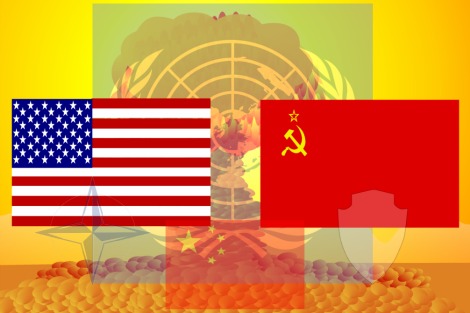
INTERNATIONAL
- Tony Kevin
- 09 November 2015
8 Comments
The US unipolar moment is ending. Real multipolarity is upon us, with Russia, China, India, Brazil, South Africa and Iran testing new multipolar arrangements for sharing world power. The US fears these changes, and would prefer to corral everybody back into the familiar bipolar camps of the past. This would be a disaster. Australia will benefit from a stable rules-based multipolar world, and our foreign policy can help build it. But we are going to have to take a few calculated risks along the way.
READ MORE 
-
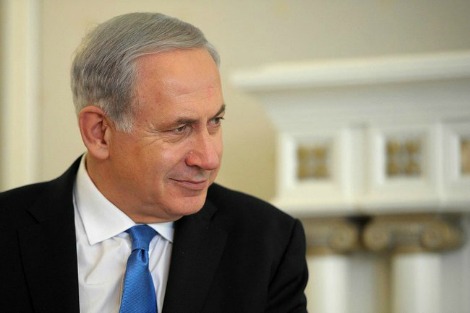
INTERNATIONAL
- Ruby Hamad
- 27 October 2015
11 Comments
Benjamin Netanyahu's historical revisionism last week essentially blaming Palestinians for the Holocaust was much more than just empty rhetoric. Demonising the Palestinians is how he sets the stage for the west's acceptance of the Israeli Occupation: the more he dehumanises them, the more brutality Israel gets away with. The context that gets lost along the way is the link that exists between Palestinian actions and the abysmal living conditions imposed on them by the Occupation.
READ MORE 
-
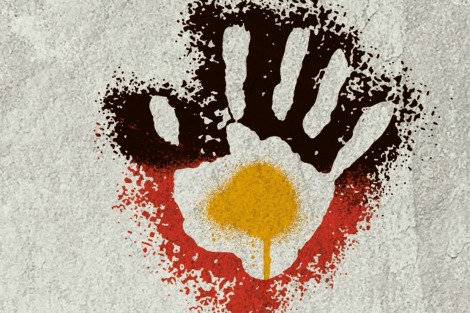
AUSTRALIA
- Frank Brennan
- 16 October 2015
2 Comments
I acknowledge those Aborigines and Torres Strait Islanders who insist that they have never ceded their sovereignty to the rest of us. I join with those Aborigines and Torres Strait Islanders who hope for better days when they are recognised in the Australian Constitution. As an advocate for modest constitutional recognition for Indigenous Australians, I respect those Aborigines and Torres Strait Islanders who question the utility of such recognition. But I do take heart from President Obama's line in his Charleston eulogy for the late Reverend Clementa C. Pinckney: 'Justice grows out of recognition'.
READ MORE
-
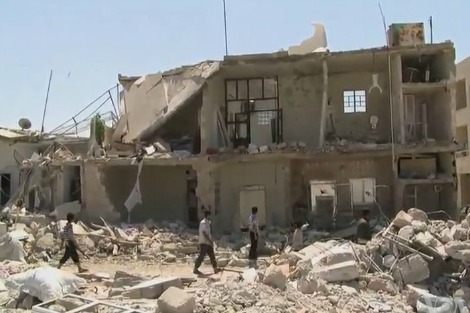
INTERNATIONAL
- Justin Glyn
- 06 October 2015
6 Comments
The Syrian government are no angels, and any more bombing raids on an already heavily bombed and traumatised population is unlikely to improve the situation for civilians. However, the American claim that the Russians have a poor record in this respect smacks of hypocrisy, given the US's admitted destruction last week of a Médecins Sans Frontières hospital in Afghanistan at the cost of 22 lives. Moscow's policy at least has the merits of legality, intelligibility and consistency.
READ MORE 
-
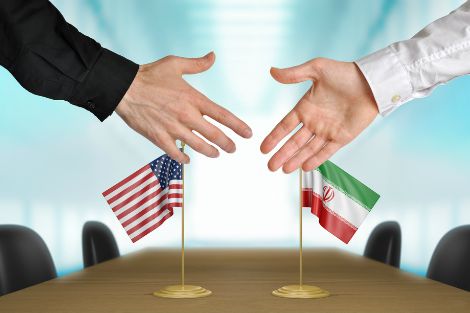
INTERNATIONAL
- William Gourlay
- 22 September 2015
4 Comments
Canny politicians know it is impossible to please everyone all of the time. This must be clear to Obama in the wake of the nuclear deal reached with Iran. As he heralded the accord as a harbinger of a 'more hopeful world', Israeli Prime Minister Benjamin Netanyahu called it a 'stunning historical mistake'. The deal is a result of 18 months of hard diplomatic negotiation, but for the naysayers it means Iran is off the leash.
READ MORE 
-

- Frank Brennan
- 18 September 2015
Pope Francis's concerns are not narrowly dogmatic or pedagogical but universally pastoral. He knows that millions of people, including erstwhile Catholics, are now suspicious of or not helped by notions of tradition, authority, ritual and community when it comes to their own spiritual growth which is now more individual and eclectic. He wants to step beyond the Church's perceived lack of authenticity and its moral focus on individual matters, more often than not, sexual. He thinks the world is in a mess particularly with the state of the planet — climate change, loss of biodiversity and water shortages, but also with the oppression of the poor whose life basics are not assured by the operation of the free market, and with the clutter and violence of lives which are cheated the opportunity for interior peace. He is going to great pains to demystify his office. He wants all people of good will to emulate him and to be both joyful and troubled as they wrestle with the probl
READ MORE
-

INTERNATIONAL
- Daniel Read
- 18 August 2015
12 Comments
The ongoing drama over leadership of the UK Labour Party is raising the possibility of further fractures in the politics of austerity, not just in Britain, but across Europe. The entire political edifice of British politics has shifted so far to the right that even a somewhat inoffensive endorsement of state ownership, anti-austerity politics and trade union support, alongside scrapping the UK's nuclear deterrent and questioning our continued membership in NATO, can appear dangerously radical.
READ MORE 
-
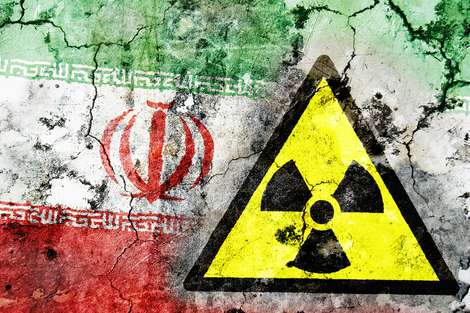
INTERNATIONAL
- Shahram Akbarzadeh
- 24 July 2015
2 Comments
Iran’s nuclear deal with the UN represents a major breakthrough that could lead to more peace and stability in the region, despite what the critics say. Its policy towards Islamic State is actually much closer to that of the US and the UK than any other country in the region. Convergence of interest against this common enemy could open other doors of dialogue with the West and start a relationship that is no longer hostage to the nuclear issue.
READ MORE 
-
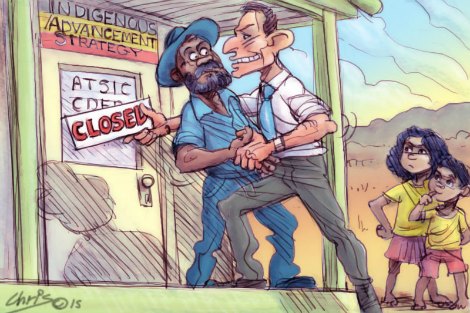
AUSTRALIA
- Michele Madigan
- 30 June 2015
8 Comments
This week sees the new budget allocations for Aboriginal communities take effect, with deep soul-destroying cuts being spun as 'advancement'. They reflect a redefinition of reality faced by many Australians, with indigenous people unsure how they have benefited from the Tony Abbott declaring himself the Minister for Aboriginal Affairs and putting the Indigenous Affairs Office within his own Department.
READ MORE 
-

- Sean McManus
- 25 June 2015
4 Comments
As much as any other religious figure in Australia, Frank Brennan has maintained a religious perspective while engaging in issues of ethics and justice in contemporary Australia. His book Amplifying that Still Small Voice emphasises the importance of the 'religious sense that the human person is created in the image and likeness of God', while speaking in the language and terms that are understandable to the public square.
READ MORE
-

- Frank Brennan
- 24 June 2015
1 Comment
Given the ready access we have to international media and the world wide web, we can no longer plead ignorance of the trouble going on in our world. Those of us who are purist pacifists can presumably put a coherent case for eschewing violence in all cases, even were a madman to be imminently threatening the lives of our most vulnerable loved ones.
READ MORE
-

AUSTRALIA
- Frank Brennan
- 28 May 2015
5 Comments
We gather on the 48th anniversary of the 1967 referendum. All major political parties to an agreed referendum question when going into the next federal election, with the understanding that the new government and the new parliament would proceed to put a referendum to the people, perhaps on Saturday 27 May 2017, the fiftieth anniversary of the successful 1967 referendum.
READ MORE